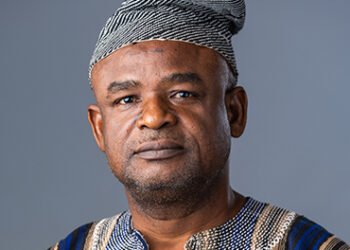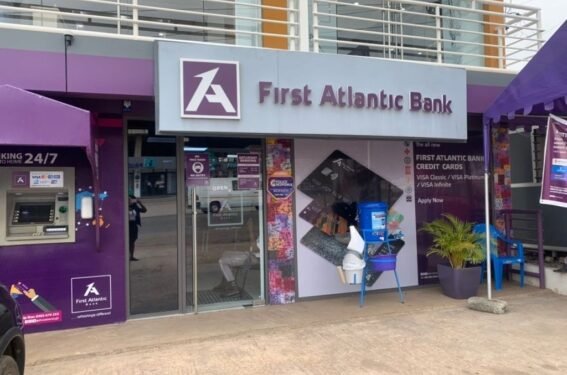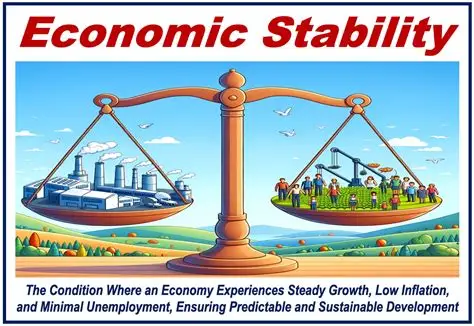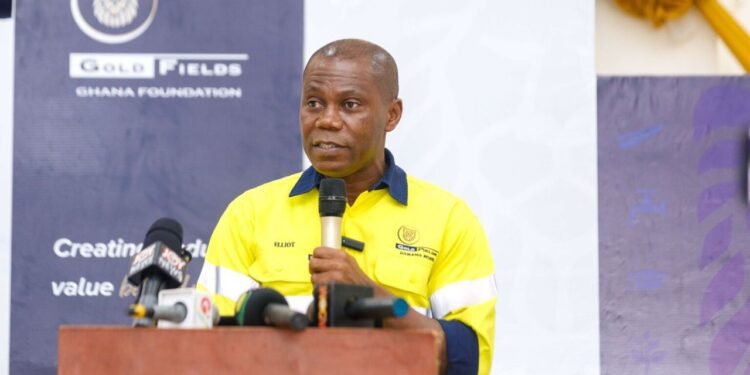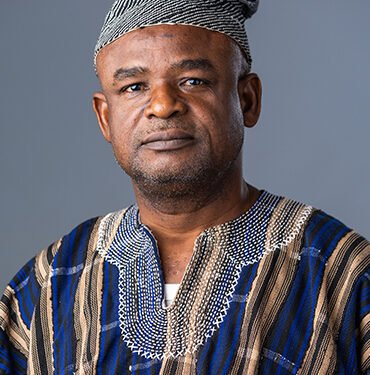The former General Secretary of the Conventional People Party (CPP) Madam Nana Yaa Jantuah has expressed her concerns regarding the intersection of education policies and politics in the country following the youth Manifesto of the NDC.
Nana Yaa Jantuah emphasized that while educational policies are generally beneficial, the challenge often lies in their implementation. She highlighted her support for any policy that aims to increase access to education, referencing Dr. Kwame Nkrumah’s initiative of progressively introducing free education in the northern regions of Ghana, which was intended to extend to other parts of the country before his government was overthrown.
Ghana’s Free Educational Policy Implementation
Jantuah pointed out that Free SHS is a commendable policy, noting that no government has outrightly opposed it. However, Nana Yaa Jantuah observed that the controversy surrounds its implementation—whether it should be done progressively or all at once.
Nana Yaa Jantuah further mentioned that even the current NPP government implemented the policy progressively, starting with first-year students and gradually extending it to second and third-year students.
Moreover, Regarding the NDC’s Youth Manifesto, Nana Yaa Jantuah acknowledged its importance in giving the youth a sense of acceptance and significance. She further raised concerns about the lack of specificity in the manifesto.
“They said to scrap academic fees for level 100 students through the no-fee stress initiative. But there’s no clarity on which institutions are covered.”
Nana Yaa Jantuah Former General Secretary of CPP
Nana Yaa Jantuah questioned the view as to whether the initiative targets only public institutions or includes private universities as well.
Jantuah argued that the policy appears discriminatory since private school students are also part of the youth in the country. She referenced ongoing discussions about free SHS in private senior high schools, suggesting that government policies should be inclusive.
Reflecting on governance and economic development, Nana Yaa Jantuah emphasized that these are foundational elements that successive governments build upon. She expressed skepticism about politicizing educational initiatives, urging for clarity on how such policies would be funded.
“A cash recalculation that I did shows that if we are covering all 118,000 students, we would need about 260 million Ghana cedis for the year. If covering 74,000 students, it would require 163 million cedis so where are we going to get the money from?”
Nana Yaa Jantuah Former General Secretary of CPP
Jantuah’s remarks reflect a deep concern for the prudent use of public funds and a call for greater accountability in government spending. Her insights underscore the need for a government that prioritizes the well-being of its citizens by making informed, strategic decisions about how resources are allocated and utilized.
Nana Yaa Jantuah questioned the government’s plans to finance these initiatives, especially in light of proposals to cut government expenditure.
“…The money we are talking about concerning cutting government expenditure, how much work has been done to know how much has been accrued.”
Nana Yaa Jantuah Former General Secretary of CPP
Nana Jantuah signaled the need for a more detailed financial plan to support such policies.
Moreover, Nana Yaa Jantuah further raised critical concerns about government spending and the prioritization of resources, particularly about the capping of funds for certain interventions. She questioned the efficacy and justification behind the government’s decision to cap certain interventions, suggesting that the priorities funded through these caps may not align with the most pressing needs.
Jantuah highlighted that some capped funds have been redirected to projects she considers non-essential, specifically mentioning the National Cathedral. She expressed frustration over the allocation of $58,100,000 from the consolidated fund for this project, questioning the prudence of such a decision. “The interventions were all, I mean, nonproductive,” she remarked, noting that while some 60% of these interventions might have been productive, the remaining 40% were not, leading to questions about how these funds could have been better utilized.
Jantuah also touched on the broader issue of governmental restructuring, particularly about the number of ministries. She noted that while the constitution allows for 19 cabinet ministers, the current government has significantly exceeded this number, with many ministries being, in her view, unnecessary.
“…But if you are going to cap, then you have the ministry of youth. Why don’t you add youth to gender? So that [we would have] ministry youth and gender. so that you reduce your cost because now we are reducing cost margins to ensure that we do the right thing.”
Nana Yaa Jantuah Former General Secretary of CPP
She further criticized the current government’s approach to policies such as the Free Senior High School (SHS) program. Although she acknowledged the program as a positive initiative, she criticized its implementation, arguing that it lacked a clear plan from the outset.
“The NPP did not come up with a plan on the free SHS. Even though it’s a good project.”
Nana Yaa Jantuah Former General Secretary of CPP
She pointed out that the program was introduced without the necessary infrastructure or strategic planning, leading to significant challenges, such as the introduction of the double-track system, which she sees as a flawed solution to the problem of overcrowding.
Jantuah stressed the importance of having a detailed plan and source documents for any policy initiative.
“If a government wants to come into power, we need to ask them to give us whatever they want to do. They should tell us.”
Nana Yaa Jantuah Former General Secretary of CPP
Jantuah also pointed out the broader implications of government spending on public services. She noted that despite citizens paying taxes, the quality of essential services such as roads, electricity, and water remains poor. She argued that if the government fails to deliver on these basic needs, then initiatives like the Free SHS, which are funded by public money, must be executed with the utmost care and planning to ensure they benefit the populace effectively. She argued that policies should not only be well-conceived but should also come with clear timelines and actionable steps to ensure their successful implementation.
Jantuah’s remarks reflected a deep concern for the prudent use of public funds and a call for greater accountability in government spending. Her insights underscored the need for a government that prioritizes the well-being of its citizens by making informed, strategic decisions about how resources are allocated and utilized.
READ ASLO: Mahama Gets Endorsement To Fight Corruption





